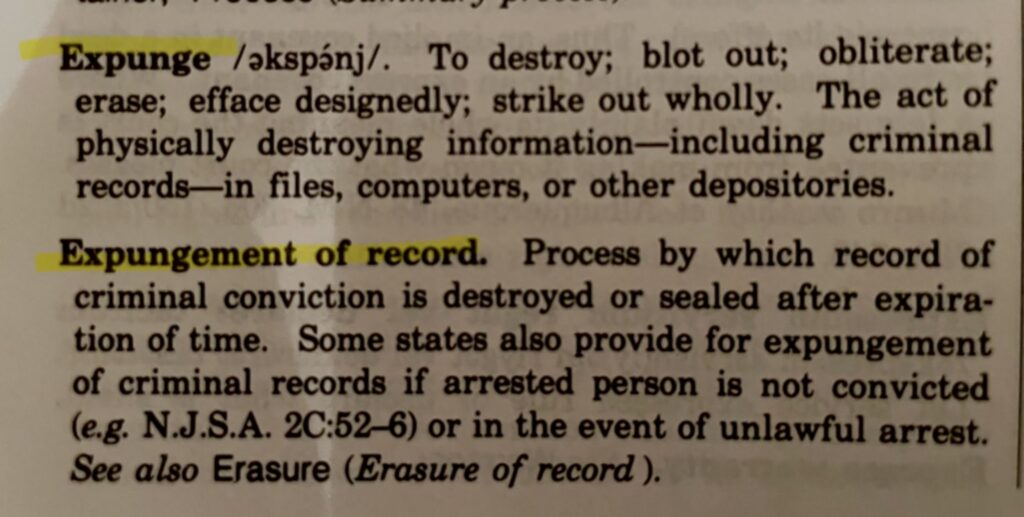A Brief History of College Spring Break, and in Particular, the Southeastern North Carolina Beaches
February 21st, 2024
College spring break has long been synonymous with freedom, fun, and adventure. However, alongside its evolution, this annual tradition has also come to be associated with risks such as injuries, alcohol-related incidents, sexual assaults, criminal charges, and traffic violations. This blog delves into the history of college spring break, tracing its origins and transformation over time, while examining the specific risks prevalent in the coastal regions of New Hanover, Pender, and Brunswick counties, with a particular focus on Masonboro Island and Wrightsville Beach, NC.
College spring break has its roots in the early 20th century, when academic institutions began adopting the concept of a recess period during the spring semester. Initially, it was a time for relaxation and rejuvenation, often involving family-oriented activities. However, by the mid-20th century, the emergence of popular culture, media, and tourism transformed spring break into a rite of passage for college students, characterized by beach parties, excessive drinking, and uninhibited behavior.
The Evolution of College Spring Break:
The 1960s and 1970s witnessed the rise of Fort Lauderdale, Florida, as the quintessential spring break destination, attracting hordes of students seeking sun, sand, and a break from academic rigors. Over time, other coastal areas across the United States, including those in New Hanover, Pender, and Brunswick counties, began capitalizing on the spring break phenomenon, offering vibrant nightlife, beachfront accommodations, and an array of recreational activities.
Risks Associated with College Spring Break:
a. Injuries: The combination of alcohol consumption, water activities, and reckless behavior often leads to a surge in injuries during spring break. From slip and fall accidents to water-related mishaps, the risk of injury is heightened during this period.
b. Alcohol and Substance Abuse: Spring break is notorious for excessive drinking and drug use, with many students engaging in binge drinking and experimentation. This behavior not only poses health risks but also contributes to impaired judgment and increased vulnerability to accidents and criminal activity.
c. Sexual Assaults: The party atmosphere and relaxed inhibitions prevalent during spring break create an environment conducive to sexual violence. Studies indicate a spike in sexual assaults and harassment cases during this time, underscoring the need for heightened awareness and prevention measures.
d. Criminal Charges: Instances of disorderly conduct, public intoxication, underage drinking, and drug offenses escalate during spring break, often resulting in arrests and criminal charges. Law enforcement agencies in coastal areas are tasked with managing crowds and maintaining public order amidst the influx of revelers.
e. Traffic Violations: The surge in vehicular traffic during spring break contributes to congestion, accidents, and traffic violations. Reckless driving, speeding, and driving under the influence pose significant risks to both motorists and pedestrians.
Masonboro Island and Wrightsville Beach, NC:
Masonboro Island at Wrightsville Beach, located in New Hanover County, have emerged as popular spring break destinations, renowned for their pristine beaches and vibrant nightlife. However, the influx of college students during spring break brings with it a host of challenges for local authorities and residents. Incidents of alcohol-related disturbances, beach littering, and environmental damage are common during this period, prompting concerted efforts to mitigate the impact of spring break activities on the ecosystem and community.
College spring break remains a celebrated tradition, offering students a much-needed respite from academic pressures. However, the allure of sun-soaked beaches and wild parties comes with inherent risks, ranging from injuries and alcohol abuse to criminal behavior and traffic violations.
As coastal communities continue to grapple with the complexities of hosting spring break festivities, proactive measures aimed at promoting responsible behavior, enhancing safety protocols, and fostering community engagement are imperative to ensure a harmonious and enjoyable experience for all stakeholders involved.









